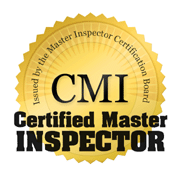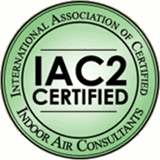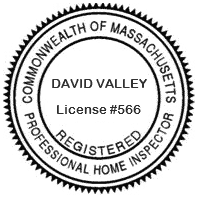Massachusetts Home Inspections YOUR INVESTMENT IS MY CONCERN
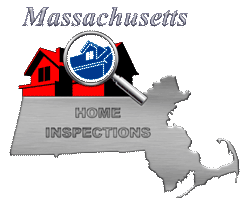
Carbon Monoxide
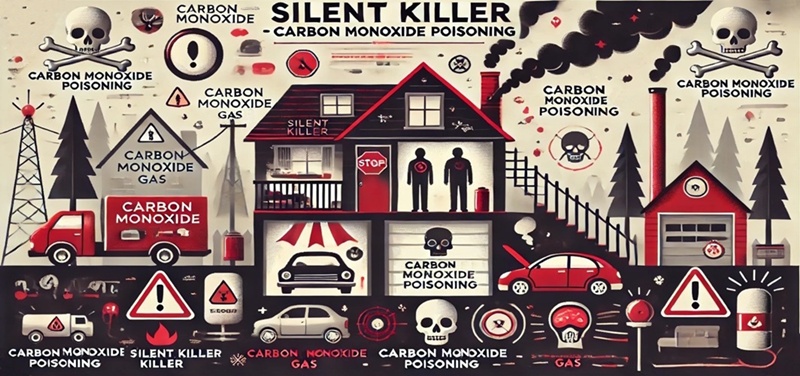
Carbon monoxide is a byproduct of incomplete combustion from natural gas, wood, or any carbon-based fuel. It is a clear, odorless, and tasteless gas that can be fatal within minutes if undetected. Prolonged exposure to low levels of carbon monoxide, which may not be detected by inexpensive detectors, can lead to long-term health issues. For optimal safety, install carbon monoxide detectors with a minimum sensitivity of 30 ppm and no time delay in areas where natural gas appliances or fireplaces are present. Massachusetts Home Inspections also recommends placing carbon monoxide detectors and smoke alarms on every habitable floor of multi-story structures and within 10 feet of all bedroom entrances.
If you're buying or selling a home, Massachusetts law mandates that all residential structures have approved carbon monoxide detectors and smoke detectors installed before the sale or transfer. The local fire department will inspect the property and issue a certificate of compliance. It is the seller's responsibility to obtain this certificate before the close of escrow.
Massachusetts Smoke and Carbon Monoxide Alarm Regulations
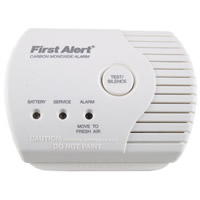
Here is what my clients have to say about my home inspection services:
Press F5 (on your keyboard) for additional testimonials
Dave had an impressive website that seemed to be too thorough to be anything but genuine. The thing that seemed to sell me was that he says right on his website that you may pay a little more for his service, but that his quality is higher. So I decided to give him a try even though I had no reference from another person hoping for someone of top quality. I was not disappointed. He was at the home early as promised and had done an inspection of the exterior and was writing up notes so that when I arrived, he walked me through the exterior first. Even with his early arrival, we were still there for about 3 hours looking through every little corner and cubby. He would occasionally stop and fill out his inspection forms which were easy to follow and read; he gives you a full folder of his notes that are well organized.
Dave was open to all questions and concerns so every time I saw something that was potentially concerning to me, he would look, give his opinion and often shared other experiences with similar circumstances. He also had a good sense of humor which helped to lighten what can be a stressful experience (having someone pointing out problem items that you didn't see). I would highly recommend Massachusetts Home Inspections.
Michael



